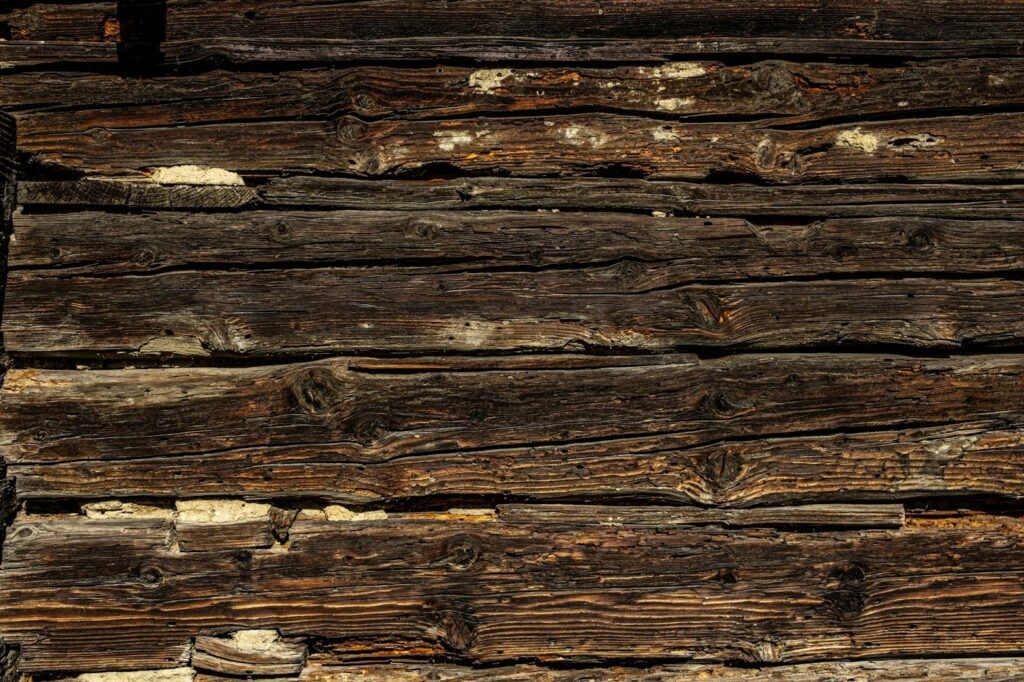
April showers bring May flowers and…termites.
Unfortunately, more rainfall and rising temperatures in Canby and Salem this time of the year are infamous for bringing termites out of hiding.
These pint-sized pests can wreak havoc on your home’s structure before you even have an inkling that they’re there, which is why scheduling a termite inspection is so important.
Whether you’re buying a new home in the Hazelwood neighborhood or maintaining a charming historic property near Bush’s Pasture Park, protecting your home from termites should be a top priority.
So, what does a termite inspector do, and how can they help you stay ahead of pests? Let’s break it down.
What Exactly Does a Termite Inspector Do?

A professional termite inspector is your first line of defense against these destructive pests. Here’s what a thorough inspection entails:
- Wood Damage Assessment: Inspectors check for telltale signs, such as hollow-sounding wood, blistered surfaces, or buckling floors.
- Frass and Mud Tubes: Frass (termite droppings) resembles small wood shavings, often piled near infestation sites. Mud tubes, which termites build to travel, are also a clear sign of activity.
- Moisture Detection: Because termites thrive in damp areas, inspectors look for leaks or water damage that might attract them.
Using specialized tools like moisture meters and infrared cameras, pest control professionals can uncover hidden damage and determine the extent of an infestation. At Kanga Pest Control, we go one step further, designing customized treatment plans to protect your structure and prevent future issues.
Why Early Detection Matters

Termites can inflict major damage on your property if left unchecked. Here’s why acting quickly is so important, especially in termite-prone areas like the Willamette Valley:
-
- Financial Savings: Repairs for termite damage can be expensive, with costs often reaching thousands of dollars. Early detection through regular inspections saves you money in the long run.
- Structural Integrity: A single termite colony of 60,000 can consume about five grams (or 1/5 ounce) of wood daily. Left undetected, they could weaken critical structural elements over time.
- Peace of Mind: Regular inspections, every three to five years, help catch infestations before they spiral into large-scale problems.
- Home Sale Benefits: Considering selling your home in Canby or purchasing property near Salem’s South Hills? A termite inspection can help you as a buyer, as it will help you make sure your home is pest-free before closing, and as a seller, since a clean termite report can increase your property’s value and make it more attractive to potential buyers.
For homeowners in older neighborhoods near downtown Salem or in Canby’s rural areas, this proactive approach is even more valuable, as older homes (despite their charm and character) also have older wooden structures that are more likely to fall victim to termites.
Stopping the Termite Threat in Canby and Salem

Did you know that a subterranean termite colony can cover a linear distance of up to 260 feet? These colonies are especially dangerous because they often enter homes undetected via soil-to-wood contact. The dense vegetation and damp conditions in the Willamette Valley make our region a perfect breeding ground for these pests.
To reduce the risk of infestation, keep a 12-inch barrier of inorganic material, like coarse sand, between the soil and any wood structures of your home. Repair leaks promptly and ensure proper ventilation in your basement or crawl space, and never store wood piles near the home.
And remember, while these preventative steps can help, the only way to get rid of termites for good (and stop them from appearing in the first place) is to hire a professional termite inspector. At Kanga Pest Control, we’re proud to keep the communities of Canby and Salem termite-free.
Schedule your inspection today!
Did You Know?
A single termite colony can consume enough wood daily to fill an entire tablespoon. While this might not sound like much, over months or years, this damage can add up significantly. Regular termite inspections stop these pests before they start to feast on your home’s foundation.
FAQ
How often should I schedule a termite inspection?
Experts recommend every three to five years. However, if you’ve noticed signs like mud tubes or frass, schedule an inspection immediately.
Can I identify a termite infestation without professional help?
While you might notice signs like hollow wood or mud tubes, termites often remain hidden. Professional inspectors use tools like moisture meters or infrared cameras to detect damage that isn’t visible to the naked eye.
Are DIY termite treatments effective?
No. Effective termite control often requires professional-grade treatments and tools. DIY methods may provide temporary relief but won’t address the root cause.
Does Kanga Pest Control handle all types of termites?
Yes! We’re equipped to identify and manage drywood, subterranean, and dampwood termites commonly found in the Canby and Salem areas.
How much does a termite inspection cost?
Prices vary depending on the size and condition of your property. Contact us today for a personalized quote.
